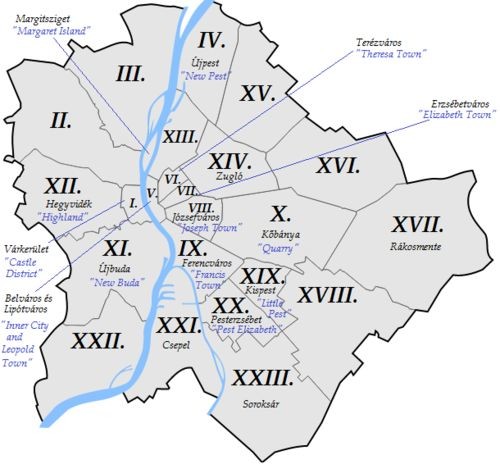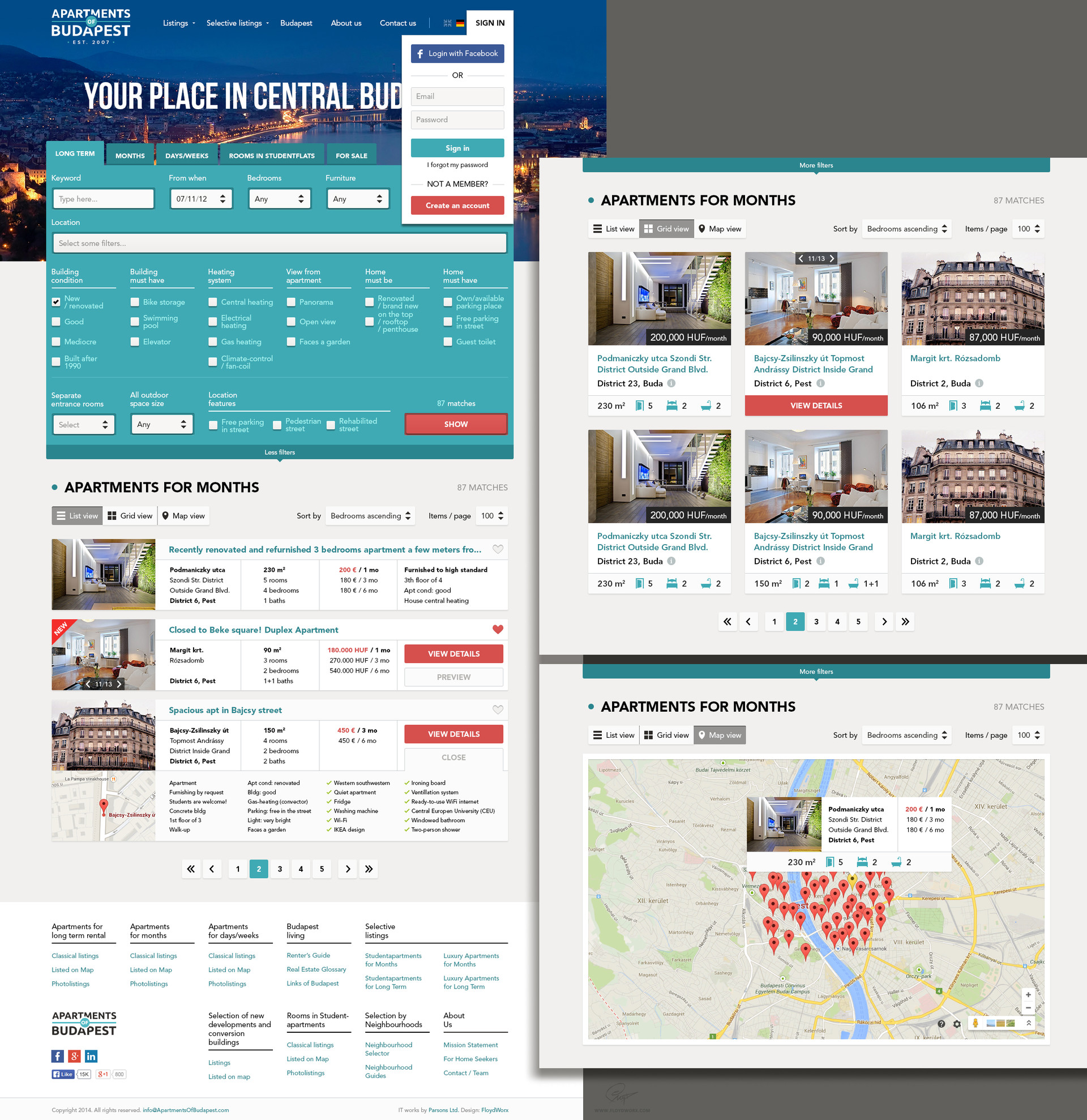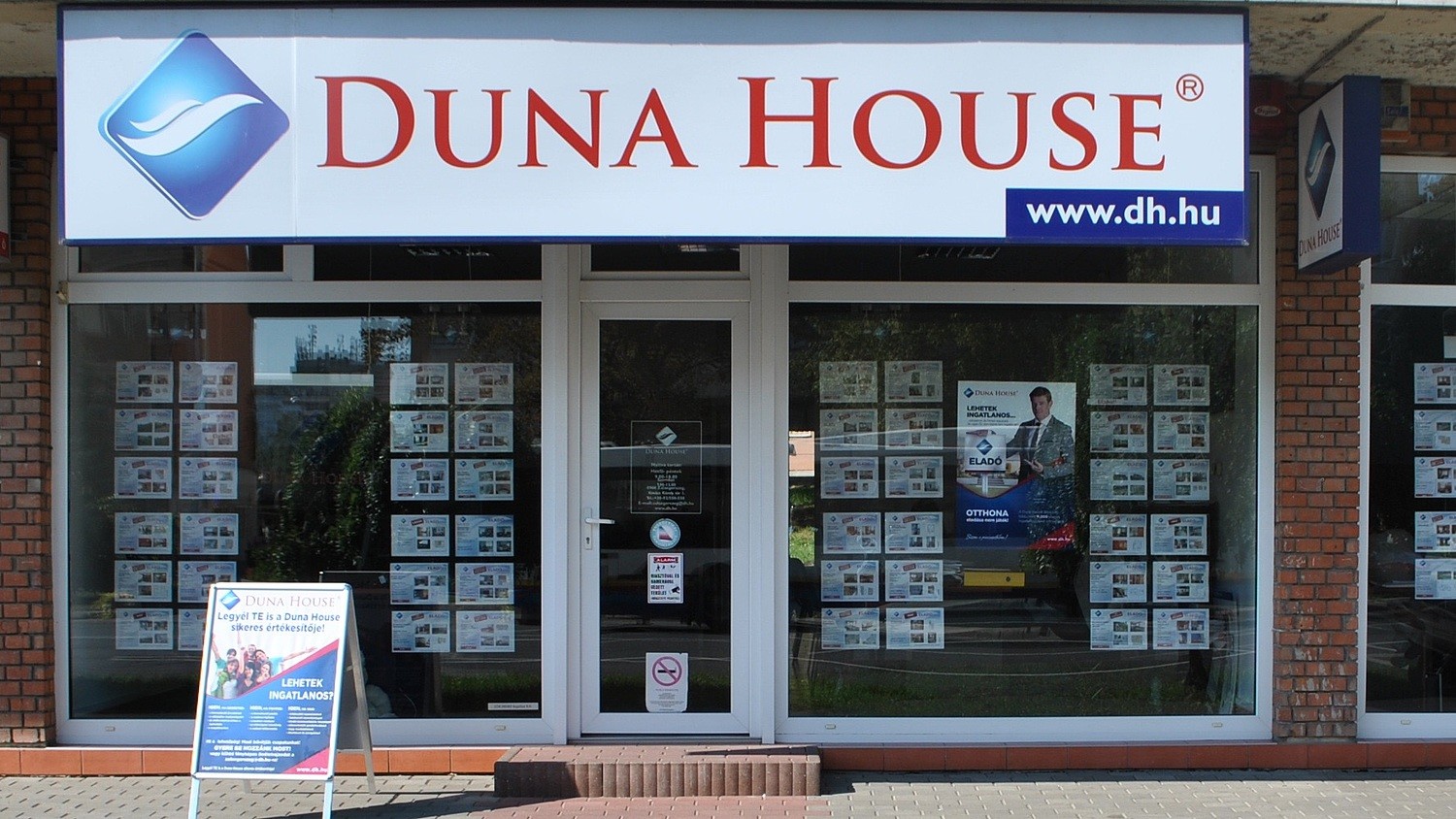Adjusting to life in Budapest: tips (pt.1)
Moving to a new country can be terrifying but extremely exciting! You feel a whole new surge of emotions and the newness of the place gives you constant adrenaline rushes. Everything is thrilling and exhilarating but it can also be confusing. Your brain is more aware of the fact that you are in a foreign environment and so you might become warier of the surrounding and the people around you. I went through all of these emotions when I first moved here and I was blessed to know people that gave me a lot of tips on how to adjust to my new life. After just a week, I had adjusted and was no longer living like a tourist. After one month I can say that I had fully transformed and was living like someone who’s been here for ages. So in this piece I’m going to sure my top tips on how to adjust to the life in Budapest and how to embrace your new home for however long that you plan on staying here.
Finding your new home:
This is basically the single most important task that one has to do. You can stay in a hotel/hostel forever and you can’t fully begin your adjusting process if you haven’t settled down yet. So the first step is to find a home. Before we proceed further on, it’s important to know a little about the map and localization of Budapest so that you are able to choose the right area to live in. Budapest is made up of 23 districts (Kerület in Hungarian). Out of these 23 districts, districts I, II, III, XI, XII, XXII are all located in buda and districts IV, V, VI, VII, VIII, IX, X, XIII, XIV, XV, XVI, XVII, XVIII, XIX, XX, XXIII are all located in pest. I know that’s a really long list of districts but we’ll narrow it down don’t worry. Districts 5, 6, 7, 8 and maybe 9 are all close to the city center and basically everything else. I live in district 7; most of my friends live in district 9 near our university (Semmelweis university). So it really depends on you, if you like to be close to the city center and all the facilities it has to offer, come to pest. However if you would like a calmer, more spaced out neighborhood, try searching for houses in the Buda side. Now that we’ve got that covered, let’s talk about the rental prices and living expenses for a little bit.

(A map of the districts of Budapest)
As for rental prices I would say that budapest is certainly cheaper than Western Europe countries such as Germany, France or Spain. However this is not to be taken that Budapest is actually “cheap” in terms of rental prices. A phrase that I have seen being thrown around quite a lot. Living in this capital is affordable and that’s why it’s so attractive to so many students. Rental fees highly depend on the area, the condition of your flat, the common cost, the size and many other factors. Pest tends to be slightly cheaper than Buda in some cases but other than that the area doesn’t seem such a determining factor. The condition of the flat is the number one factor determining the rental price. Most of the buildings in Budapest are like a billion years old! Jokes but seriously they are so old, take this one building for example, I was staying at an airbnb apartment when I first reached to Budapest and I asked our host what those holes on the walls were and she told me that those were bullet marks from the Second World War. The Second World War! Can you believe that? I only ever read about it but you actually witness a remainder of those times.
Anyhow so you get what I mean by oldness of the buildings. And since buildings are old, usually the apartments and the insides of the apartments are older even, now if these apartments have been renovated; that increases their value greatly and so higher rental prices. For example my house isn’t really newly renovated but it has been renovated still and so the price was higher than a non- renovated apartment. One of my friends for example just rented a much smaller apartment in a really old building but she is paying even higher than me because her whole house has been fully renovated; I mean it literally looks like a whole different place inside and outside. The insides have new tiles, the bathrooms have been renovated, the kitchen is fully equipped and so on. So yes the most important factor is the condition of the apartment. I’m not gonna get into the rest of the factors since they are all pretty obvious. Alright so now, where can we find a house?
I definitely suggest the following websites, all of which we are going to discuss and you can choose the one that matches your preferences.
This website is extremely popular with international applicants. All of the ads are written in English which is a huge advantage and you can be sure that the agents all speak English as well. You literally will have no issue with this website, their interface runs smoothly and you can limit your search query to find a house with your preferences. You can contact the agents directly and set up a time to see the house. Those are the advantages; the disadvantages are that sometimes the houses can be slightly overpriced since they are being rented out to internationals. So I definitely suggest checking out all the other websites as well just to get an idea regarding the rental prices and basically to see if the apartment is worth the price. The houses also rent out super fast specially in August-September because that’s the time that many students move to Budapest. Overall, I definitely find this website the easiest to use and the searches are very clear cut, as a matter of fact we rented out our apartment from this website and we are extremely happy with our living situation.

This is the most famous website in all of Hungary. The advertisements are given in English and Hungarian, some of them are only given in Hungarian. The advantage of this website is that, the database is really large with new apartments being added to the database every day so you have a lot of options. The disadvantages include some of the searches being irrelevant and time consuming. Since it’s a Hungarian real estate website, so many of the agents/owners don’t speak English and so the communication is difficult. There are also some that prefer to rent their properties to Hungarians and not international students. These make the website rather time consuming. However the prices are all given in forints and are rather fair in comparison to other websites.

There are also real estate agencies where you can visit their offices and they will help you out in your search. Among the rather famous ones we have Duna house which has many offices across budapest. I haven’t used their services but apparently they are one of the best.

(One of the Duna house agencies in Budapest)
The agencies do not charge the tenant any commission so be sure to not pay any fees related to their services. They will get their commission which is equivalent to one month of rent from the owner.
Others cost regarding house rentals:
There is a common cost which you need to pay. This varies from building to building, newer buildings usually have a higher common cost, the common cost includes the electricity charges of the building, maintenance of the lift, taking out the trash and all those building related charges. In Malaysia the owner of the flat was supposed to pay these charges but here in Hungary the tenant is supposed to pay it, which basically means the burden falls on us.
Utility fees:
Utility costs are not cheap in Hungary, especially given that they have really cold winters and you are going to be using a lot of gas for heating. Water costs aren’t too high, we have an 80 meter apartment and we don’t use too much water and we pay around 6000 forints per month, which is like 20 euros. But that’s nothing compared to the rest of the costs! Electricity and gas are the most expensive ones in between utilities. I honestly spend more per month on electricity and gas costs than on clothes. It's really expensive and you gotta use them, I mean you can’t just say okay I don’t need light or heating I can go on without them. Anyhow the heating costs also partially depend on the heating system of your building. For example if your building is covered by central heating systems and the water for heating gets heated up centrally, you will be paying a lot less money for gas. However in the case of my house, we don’t have central heating, I need to turn on the electric heater which heats up both the water and the heaters.
We have really huge heaters in our rooms and the hall and so the house warms up super quickly and so that’s not as issue. However monthly we pay extremely high amounts of money for the heating. We just turn it on at nights before sleeping and turn it off during the morning when we leave home and we pay about 20, 000 forints just as easily per month. Yes that is almost 100 dollars, just for the gas system. And so it really depends on your house, I’d suggest asking to see the previous utility bills of a house before renting it just so you have an idea about the amount you will need to pay at the end of the month.
As for electricity, it is expensive again. Most people say that electricity is the most expensive cost between all the others. In our first month we paid about 9, 000 for electricity and we kinda use a lot electricity. I mean I have an electric heater and I pretty much use it all the time, not to forget that the house heater also works with electricity. So I’d say minimum amount of 6, 000 forints are going to be needed for electricity each month and to add it all up, you can see that you will be paying a lot of money for your house maintenance. It kinda sounds good to be living with roommates now no? Well in the next paragraph we will briefly get into wifi options and costs.
(Continued in the next post)
Photo gallery
Content available in other languages
Want to have your own Erasmus blog?
If you are experiencing living abroad, you're an avid traveller or want to promote the city where you live... create your own blog and share your adventures!
I want to create my Erasmus blog! →



















Comments (0 comments)